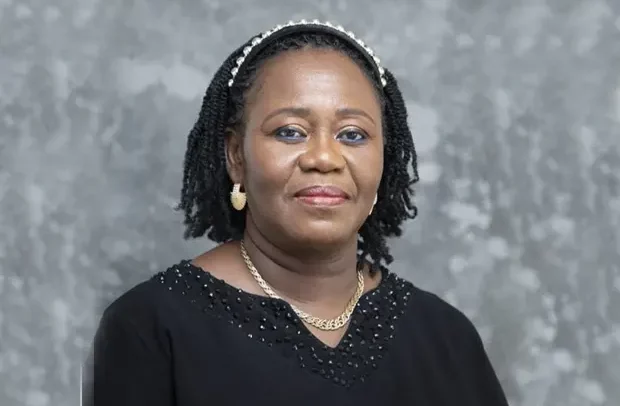Chief Justice Gertrude Torkornoo
The Judiciary under the leadership of Chief Justice, Gertrude Torkornoo, is making strides in its quest to expand its infrastructure nationwide to provide quality justice delivery to the citizenry.
At the heart of this quest is the digitalisation of the court processes and building of more courts across the country.
The e-Justice system which was introduced in 2019 on pilot basis has made significant gains, with over 71,000 cases filed on the platform since its inception.
The Judiciary is now looking at establishing Magistrate Courts in every district in the country within the next five to 10 years.
These, the Chief Justice believes would result in a situation where, “very soon the people of Ghana will not feel traumatised when they are coming to court.”
Justice Torkornoo during her third meeting with members of the Judicial Press Corps (JPC) last Friday, acknowledged works done by her predecessors and vowed to improve on them.
“I came to meet very strong infrastructure, work done by my predecessors and my task is to add on to it so that we can give the people of Ghana a better experience in the courts and that’s what we are working at,” she said.
“This is really in my heart that when somebody has a problem they will find it easy to approach the court and get justice because that’s what access to justice means, the ability to easily come to court and get justice. Coming to court shouldn’t be a negative experience, shouldn’t be a hurtful experience, it should be a simple experience because the public services are there to serve the public,” Justice Torkornoo added.
The meeting with the JPC saw heads of various departments of the Judicial Service taking turns to highlight major projects being done in a bid to improve justice delivery in the country.
Expanding Infrastructure
The Director for Monitoring & Evaluation, Papa K. Maisie, during a presentation indicated that the total number of courts nationwide currently stands at 468; one (1) Supreme Court, six Court of Appeal, 129, High Courts, 104 Circuit Courts, and 228 District Courts.
He said between the 2022/2023 legal year and the just-ended 2023/2024 legal year, there has been a significant increase in the number of courts in the country.
Mr. Maisie also revealed that the number of female Judges and Magistrates have had an increase in their number from the 2021/2022 legal year to date, marking a significant shift at time that the Affirmative Action Bill was passed last month.
He also revealed that starting the 2024/2025 legal year, the Judicial Service will adopt a new standard alphanumeric suit numbering system which will have the Region, Town, Court Identifier, Case Type Identifier, Serial Number, and the Year of Filing on dockets for easy identification.
Digitalisation
The Director of ICT, Noble Nutifafa, on his part stated that out of the 468 courts in the country, 228 courts have been automated.
He said the Service has fully operationalised its e-justice system which deals with e-filling, e-payments, and document requests, adding that as of July 2024, a total of 71,781 cases have been filed by applicants using the e-filing system.
Mr. Nutifafa added that other upcoming initiatives include e-signature/digital signature, Court alert and notification, Systems National Transcription Centers, an Electronic Case Management System, a Digitalised Land Database, and a speech-to-text mechanism.
Archives
Deputy Director for Archives, Moses Owereko also noted that the archives and documentation department of the service has started transferring all existing documents into standard storage boxes and digital copies being created for them.
This, he said would put an end to the hitherto poor record management system which often resulted in the loss of vital records, including case dockets.
BY Gibril Abdul Razak


